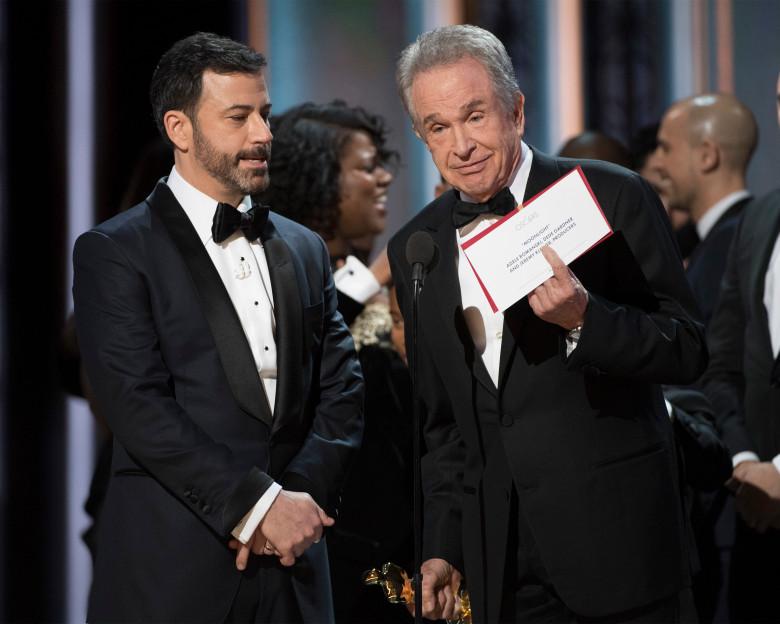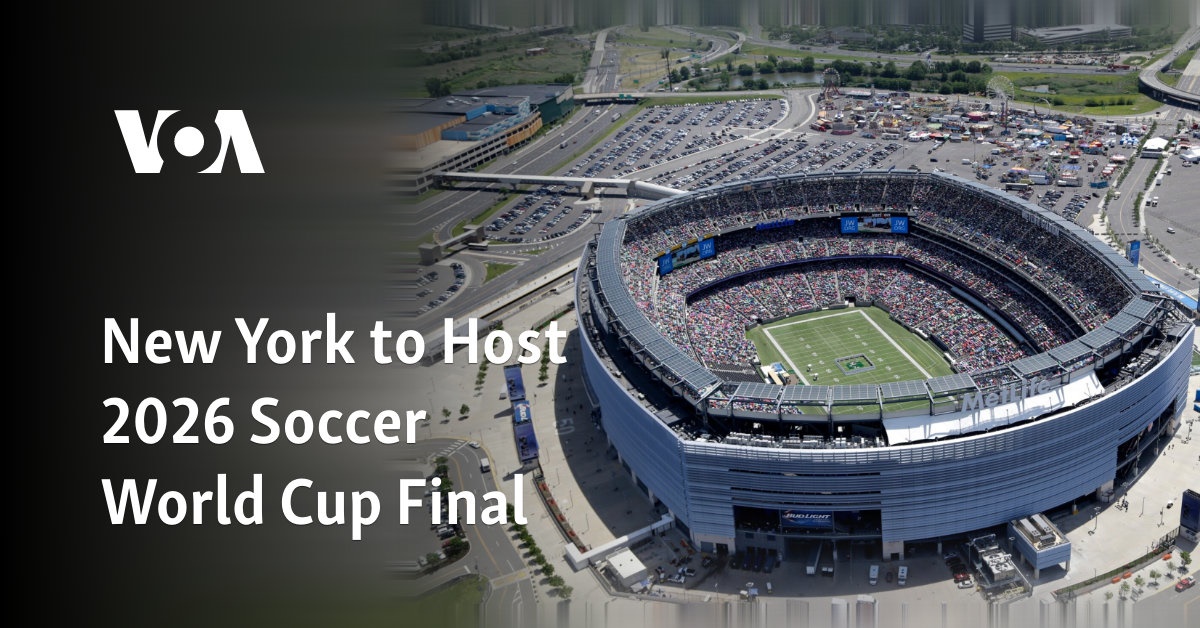A surge of luxurious casinos that promised billions in income, thousands of employment, and a revolution in entertainment in the Empire State were dubbed the next big bet for New York. However, the euphoria has subsided barely two years after the state began accepting bids for three downstate casino licenses. Before a single hand is dealt, plans are stagnating, dreams are vanishing, and the house might be winning. For instance, Manhattan. Towering casino resorts were planned by developers at Hudson Yards, Times Square, and even close to the UN. Press releases, PowerPoints, and promises of wealth were all present. To fold those hands, however, a few community board meetings and some concerted local opposition were all that was required. The glitter was not being bought by the locals.
Next came Yonkers, where MGM had considered expanding its casino at Empire City on a larger scale. It appeared certain until it wasn’t. Even insiders were taken aback when MGM withdrew from the deal in October, citing short-than-anticipated license terms and financial worries. Suddenly, one of the most formidable candidates left the table. Once hailed as a bright example of a casino-driven recovery, the Catskills now serve as a warning. Sullivan County was predicted to win big at Resorts World Catskills. It brought union jobs and a flash of nightlife, yes—but the revenues haven’t lived up to the hype. Additionally, the anticipated ripple effect on housing and small businesses never materialized for many residents. The state still wants in, though. The stakes are billions of dollars in tax income. Pitch renovations are taking place in Brooklyn and Queens. While Bally’s project in the Bronx aims to win hearts with promises of new parks and job training, billionaire Steve Cohen is lobbying for a casino next to Citi Field. However, there is still a lot of opposition from the community since nobody wants to be sold a dream that becomes a burden.The way New York conducts business may be a more fundamental problem than the casinos themselves. Big promises, public-private collaborations, and dazzling bids frequently obscure concerns about long-term effects. Who gains? Who is left behind? And after the ribbon is cut, who is responsible for holding developers accountable?
Theoretically, casinos can operate. However, the rollout in New York is beginning to resemble a game of political poker, with public trust as the pot, rather than economic gain. The lesson here is that New York isn’t Vegas, and it shouldn’t pretend to be. Neon is not the lifeblood of our neighborhoods. They are run by people who care about issues that a roulette wheel cannot resolve, such housing, schools, traffic, safety, and small businesses. Every casino plan could end up being just another gamble that the city loses unless we build with them, not around them.

















